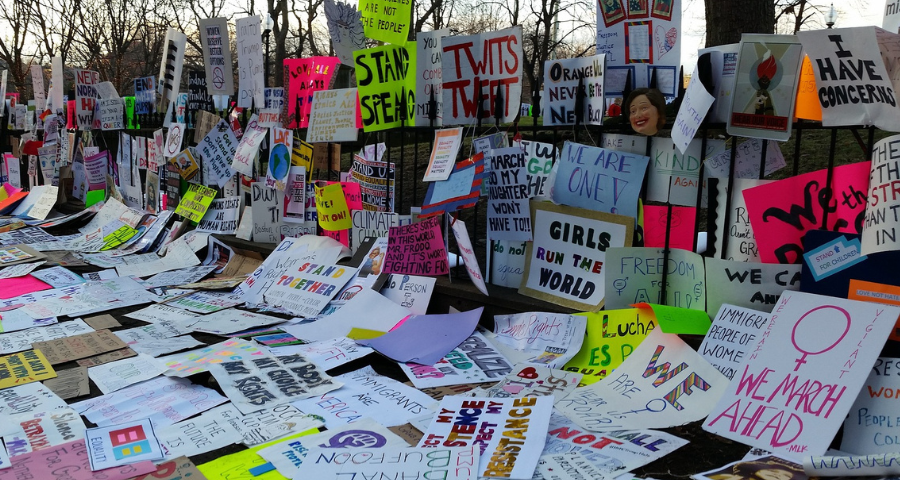
Spanish nonprofits diversify income as sector grows 10%
April 5, 2023
More than half of fundraising roles in UK now hybrid
April 17, 2023Two major reports have expressed concerns about the ability of civil society organisations to operate freely across both Europe, and the world as a whole.
The new CIVICUS Monitor reports that significant extra restrictions are being experienced in the UK, Greece and Cyprus, as well as other countries globally. And the Civic Space Report 2023 reports that there are “trends and patterns of deterioration of civic freedoms emerging across Europe”.
EU focus
The Civic Space Report includes analysis of conditions across Europe, in-depth reports from 14 EU countries, and recommendations for the EU itself.
It says that “financial sustainability of civil society at national level remains a concern in several states, including Latvia, Croatia, Bulgaria, Hungary and Poland”. In addition, the availability of “public funding for the civic sector to engage in rule of law and fundamental rights issues continues to be a problem in several countries including in Croatia, Latvia, Spain, Bulgaria, Czech Republic and Italy”.
The report also says that there is “lack of transparency in how funds are awarded” in some countries, in particular Bulgaria, Croatia, Hungary and Poland. In the latter two countries, the distribution of public funding is “centrally controlled by the respective governments”, it says.
It also notes that a lack of fundraising skills in the workforce, as well as IT and communications skills, presents a “clear problem” for civil society in the Czech Republic.
CIVICUS concerns
The global report by CIVICUS gives a ‘civic space score’ for 197 countries globally. The highest level of freedom is ‘open’, followed by ‘narrowed’, ‘obstructed’, ‘repressed’ and ‘closed’.
Cyprus is one of four countries downgraded from ‘open’ to ‘narrowed’, while the UK and Greece move from ‘narrowed’ to ‘obstructed’. Russia moves from ‘repressed’ to ‘closed’. Belarus is the only other European country with this rating.
The concerns expressed by CIVICUS about these countries include “national banks treating NGO bank accounts as high risk” in Cyprus, legislation limiting the right to protest in the UK, and action taken against groups and individuals who support refugees and asylum seekers in Greece.
Going in the other direction, the Czech Republic moved from ‘narrowed’ to ‘open’, thanks to new proposals around journalistic freedom. Latvia is also now considered ‘open’, after its government improved engagement of civil society in consultation. Another seven non-European countries also improved, including the USA moves from ‘obstructed’ to ‘narrowed’.
Overall, 12 EU countries are listed as ‘open’, 12 as ‘narrowed’, and three as ‘obstructed’. They are Hungary, Greece and Poland.
Recommendations
The Civic Space Report proposes that EU institutions should “launch a proactive European strategy towards open civic space and resilient civil society”.
Among the report’s recommendations for what this strategy should include are a review of current EU funding, such as the Citizens Rights Equality and Values Programme (CERV); measures to ensure that funding is accessible to grassroots organisations; and programmes to support the development and resilience of civil society organisations.
The CIVICUS Monitor also contains four broad recommendations to funders:
- Providing “long-term, unrestricted and core support” for civil society in those countries where there are increasing restrictions on civil society
- Adopt “participatory approaches to grant-making” and create “adaptation and reallocation strategies with grantees” where their operating environment inhibits their work
- Prioritise security, and understand that this has to be weighed up against transparency in sensitive cases, meaning key information may have to remain undisclosed. This also means supporting organisations to have the right skills and equipment to conduct their work safely
- Adapt grantmaking process to ensure it is relevant to new social movements and youth activists
Picture by Rhysara on Pixabay




